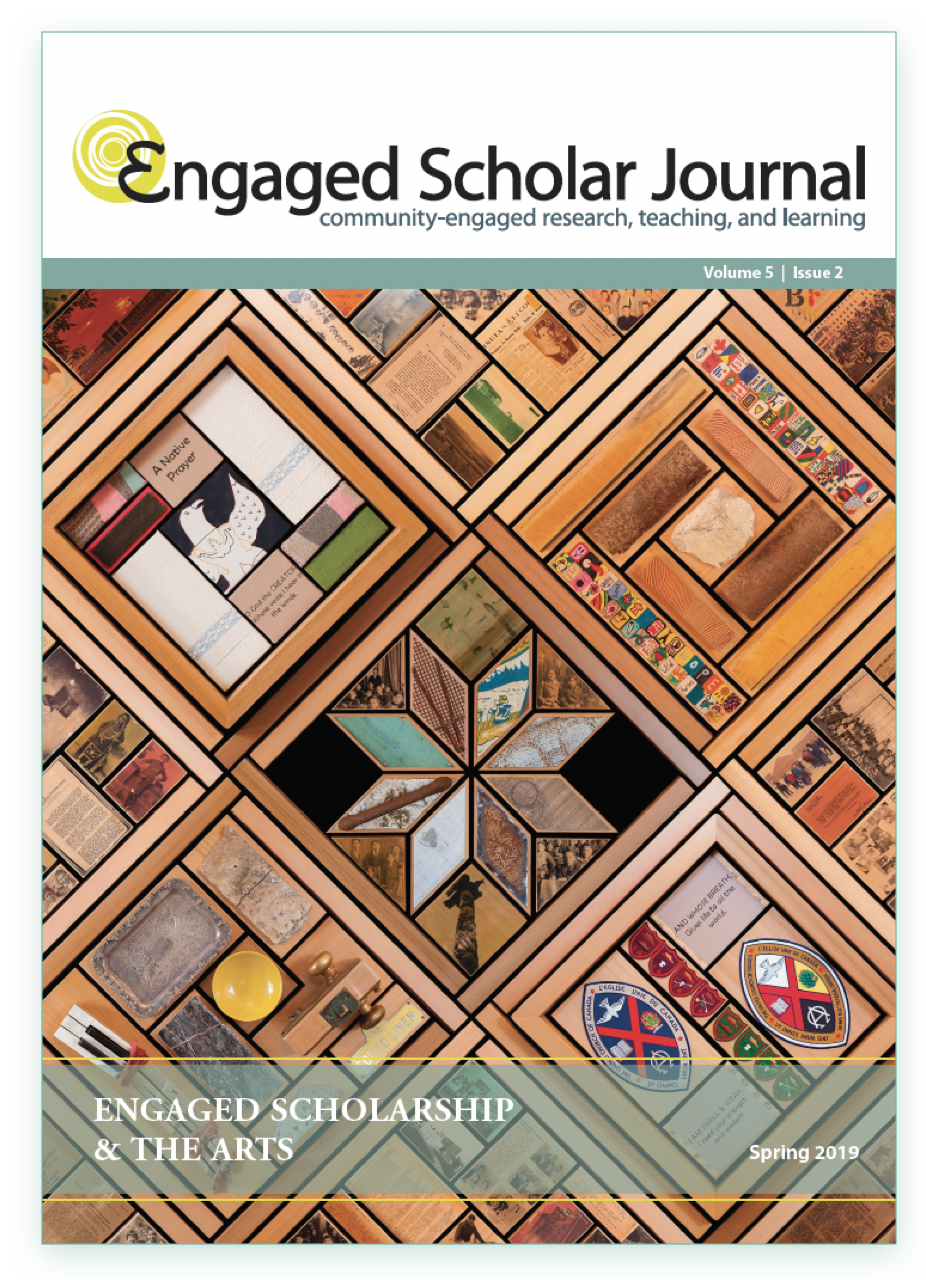Extemporaneous Lessons on Place, Space, and Identity: Graffiti as a Pedagogical Disruption
DOI:
https://doi.org/10.15402/esj.v5i2.68336Keywords:
Graffiti, public pedagogy, new mobilities, affect theory, literaciesAbstract
In this interdisciplinary article, we employ scholarship from educational studies, cultural studies, geography, and sociology. We use graffiti texts we have encountered ourselves in places where we have lived or visited as examples of how graffiti becomes pedagogical. Theoretically, the concepts of public pedagogy, new mobilities, and affect theory — notably Sara Ahmed’s ideas — complement Doreen Massey’s ideas about place, space, and identity, and are cornerstones of our framework. As we consider them, pedagogy and learning are multidimensional processes, which involve intellect or cognition, affect or emotion, sensation, and perception. Place, space, and identity are taken up as sociomaterial phenomena, whose meanings develop as people, texts, physical structures, and various cultural artifacts come into contact with one another and with ideologies about what is (ab)normal and (un)desirable that circulate throughout and across societies. In presenting and discussing examples of graffiti texts we have encountered where we live or visit, we identify three pedagogical purposes that graffiti artists might employ: contemplation, reflection, and action. We close by considering implications for teaching and learning across disciplines, age groups, and context.
Downloads
Published
How to Cite
Issue
Section
License
Authors who publish with this journal agree to the following terms:
- Authors retain copyright and grant the journal right of first publication with the work simultaneously licensed under a Creative Commons Attribution License CC BY 4.0 that allows others to share the work with an acknowledgement of the work's authorship and initial publication in this journal.
- Authors are able to enter separate, additional contractual agreements for the non-exclusive distribution of the journal's published version of the work (e.g., post it to an institutional repository or publish it in a book), with an acknowledgement of its initial publication in this journal.
- Authors are permitted to post their work online (e.g., in an institutional repository or on their website) after the publication of their work in the Engaged Scholar Journal.
- Please note that while every opportunity will be taken to ensure author participation in the editing process, due to time constraints final copyediting changes may be made before publication to ensure APA adherence throughout all submissions.




